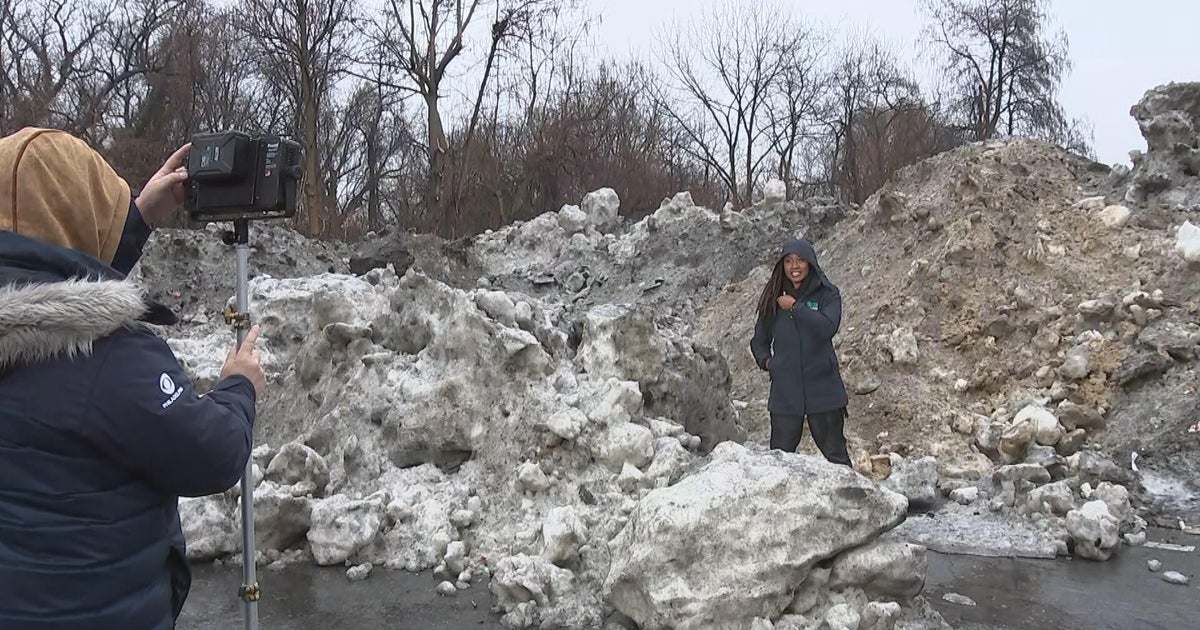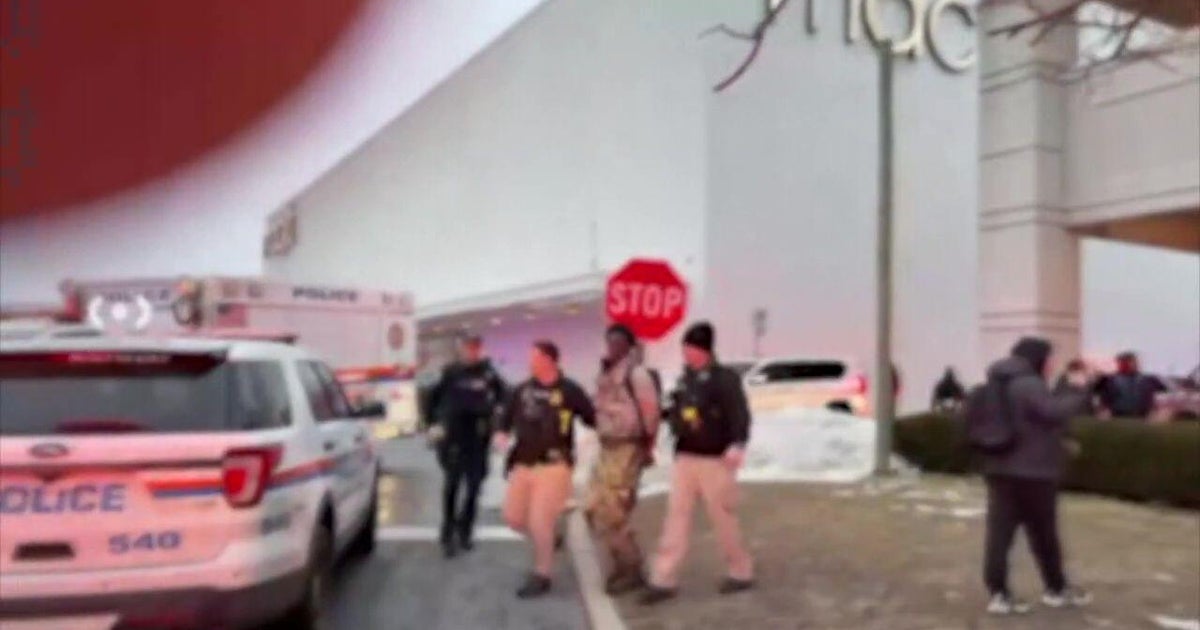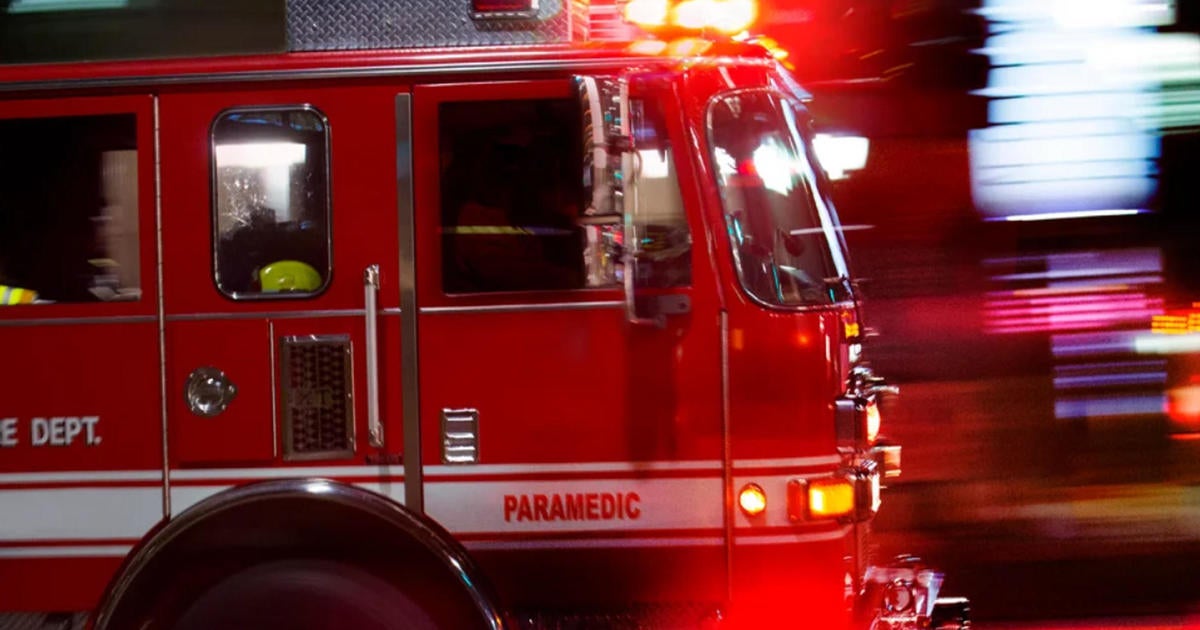I-Team: Thousands Of Acres Will Not Be Protected Against Mosquitoes
BOSTON (CBS) - As temperatures get warmer, concerns will soon begin to rise about mosquitoes and the diseases they carry like West Nile Virus, Triple E and the remote threat of Zika. But the I-Team has learned some areas of the state may not be as well protected against mosquitoes as they have in the past, and some fear special interest groups may be putting the public at risk.
Since early spring, the skies across southeastern Massachusetts have been busy with helicopters and small planes, dropping a specially targeted biological agent to kill mosquito larvae. The idea is to control the mosquito population in the early stages of development.
Kimberly King of Hanson knows all too well just how dangerous mosquitoes can be. Ten years ago her daughter, Adreanna, was infected with Eastern Equine Encephalitis, commonly known as Triple E. "One day she was outside playing, perfectly fine like a five-year-old would. Eight days later, she was dead," Kim recalled with tears in her eyes.
This year she worries her two young children could be at risk, because for the first time in 30 years, hundreds of acres near her home are not being treated for mosquito larvae. "It's frustrating. It' makes me mad," she said.
The decision was made by Mass Audubon, a non-profit land preservation organization which requested thousands of acres be exempt from spraying. By law, it's a decision they are allowed to make, and residents can't do anything about it.
John Powerdley is a horse farmer and a Lakeville selectman. He told the I-Team more spraying is needed, not less. He watched a Lakeville woman suffer for years with Triple-E before it took her life. He wants the state to take action. "I think it's unfair that we allow these people that discretion," he said.
State Representative Angelo D'Emilia raised the same concerns at a recent public hearing of the Plymouth County Mosquito Control Project.
"This is a pretty huge ask from Audubon, so it's something we are going to have to follow up on," he said.
The I-Team found Mass Audubon owns 35,000 acres of land across Massachusetts, most of which will not be treated. There are other landholders who also generally forbid spraying, like Trustees of the Reservation, which owns 25,000 acres.
Both organizations refused to speak to us on camera or answer any specific questions about the issue. Their websites outline their mosquito control policies. Both raise concerns about the impact of spraying on bees and other wildlife.
Audubon and Trustees of the Reservation do allow spraying if the Massachusetts Department of Public Health determines there is an increased risk of West Nile and Triple E. The last time that happened was in 2012. (DPH has a detailed mosquito plan that you can read here.)
Dr. Catherine Brown works for the Department of Public Health and told the I-Team West Nile, and in particular, Triple E are serious concerns, but she said there are valid reasons for private landholders to make no-spray requests. "As long as the majority of the land we are still able to conduct mosquito control, evidence is that it has been effective," she said.
But people in Lakeville are concerned because the Audubon no-spray request means nearly all of the mosquito breeding grounds in town will not be treated. "I agree with the natural order of things, but I think that human life is more important," one woman told us coming out of a coffee shop.
Kimberley King agrees. "I relive her death every day," she said remembering the pain of losing her little girl.
Mass Audubon and Trustees of the Reservation urge people to use bug spray and wear long sleeves and pants when mosquitoes are most active. You can read their entire position statements on mosquito control on the links below.
http://www.thetrustees.org/assets/documents/what-we-care-about/mosquito-guidelines-2009.pdf







